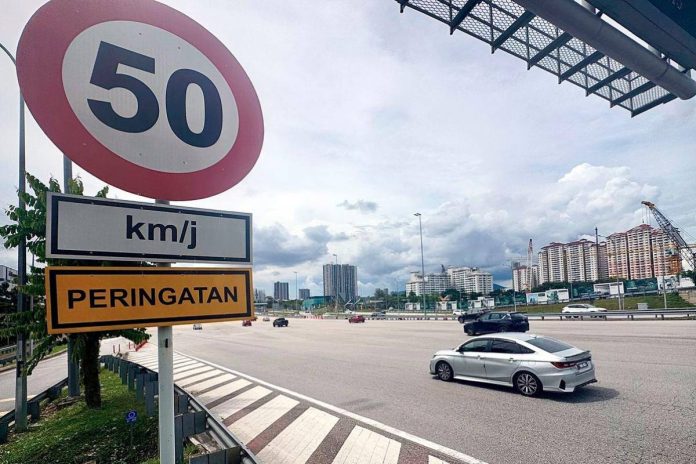PETALING JAYA: Universiti Putra Malaysia Road Safety Research Centre head Assoc Prof Dr Law Teik Hua said Budget 2026’s transport incentives may promise safer roads, but without tougher enforcement and tighter regulations, they risk running out of steam.
He said the government’s plan to offer incentives for installing Speed Limitation Devices (SLDs) in heavy vehicles could be one of the most effective ways to cut road fatalities.
“Heavy vehicles cause many serious crashes due to their bulk and power. A crash at 80km/h is far more severe than one at 60km/h. SLDs tackle this by limiting top speed,” he told theSun.
He said lower speeds directly translate to fewer deaths and serious injuries.
“Physics proves that slower speeds mean safer outcomes.
“A platoon of heavy vehicles with limiters also promotes steadier traffic flow and curbs aggressive driving behaviour.”
He added that public transport subsidies such as the My50 travel pass indirectly improve road safety by reducing private vehicle use, but the SLD scheme targets one of the most dangerous causes of crashes, excessive speed.
However, he also said that good intentions alone are not enough.
He said the matching grant for older vehicle owners could backfire if it encourages people to hold on to unsafe cars, suggesting instead a “Scrappage for Safety” scheme to ensure old vehicles are deregistered and recycled rather than resold.
On the SLD initiative, Law said tampering and weak enforcement could undermine the credibility of the programme.
He urged the government to require certified installations, annual inspections and strict penalties to maintain device integrity.
He also said slower trucks could lead to congestion or unsafe overtaking by impatient drivers, adding that that driver education and anti-tailgating enforcement must complement the scheme.
“As for taxi incentives, tax exemptions alone will not raise safety standards unless tied to mandatory safety courses, regular inspections or electronic fare meters.”
To strengthen the safety impact of the incentives, he proposed tax breaks for taxi owners be conditional on accredited defensive driving courses.
“Such training would improve driver behaviour, encourage adherence to traffic laws and enhance passenger safety.”
He also urged the government to use anonymised SLD data for evidence-based road safety planning.
“Analysing this data could reveal high-risk routes for heavy vehicles, allowing authorities to make targeted improvements such as better signage, rumble strips or rest stops.”
He added that technology-driven insights could help policymakers allocate resources more effectively, particularly on highways with heavy freight traffic.
Law said Budget 2026 reflects a positive direction but still lacks the regulatory muscle needed for lasting change.
“Incentives could encourage voluntary compliance, but they alone cannot sustain long-term improvements in road safety.
“The government is thinking along the right lines, but to turn these carrots into real change, we need the sticks too; proper regulations and consistent enforcement.”








